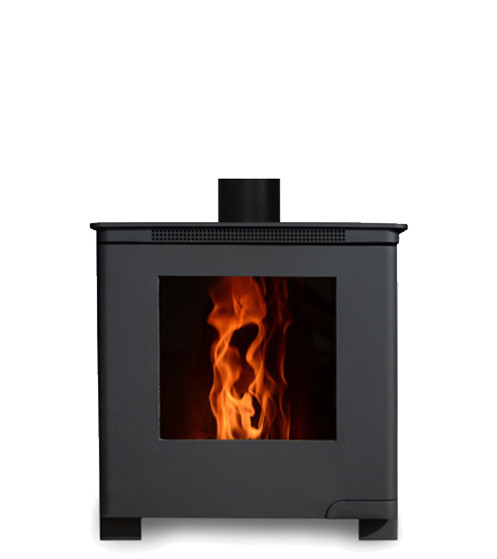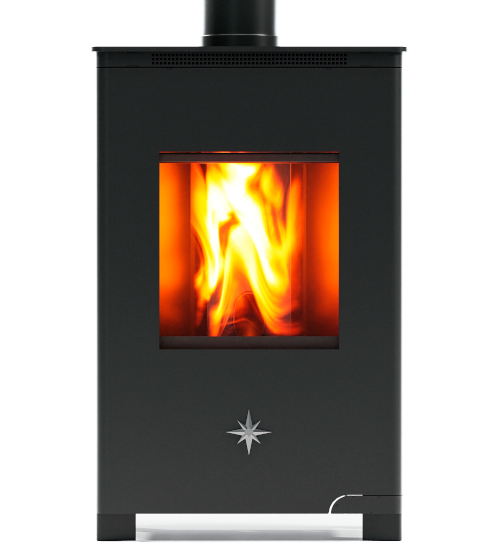The UN’s Quest for Sustainable Wood Burning Stoves in the UK
In the quaint villages of the United Kingdom, where the aroma of crackling wood permeates the air and cosy hearths have long been the heart of homes, a silent environmental concern has been smouldering. As families gather around their wood-burning stoves to share stories and warmth, the United Nations (UN) has embarked on a mission to balance the age-old tradition of wood burning with a modern-day commitment to sustainability.
Picture this: the flickering flames in a rustic British fireplace, casting a warm glow on faces gathered for a snug evening. Little do they know that the smoke rising from their cherished wood-burning stove contributes to a global challenge – air pollution and its impact on climate change. In this narrative, we delve into the UN’s initiative to introduce sustainable wood burning stoves in the United Kingdom, supported by key statistics and data to shed light on this eco-friendly endeavour.
Igniting Change: The UN’s Sustainable Stove Initiative
According to the World Health Organization (WHO), over 90% of the world’s population breathes air that exceeds pollution guidelines, resulting in approximately 7 million premature deaths annually. Wood burning stoves, while charming, contribute significantly to particulate matter emissions. The UN, recognizing the global impact of air pollution, has set ambitious targets to address this issue.
(Source: World Health Organization, 2023)
In the United Kingdom, wood burning is a time-honoured tradition deeply ingrained in the culture. However, a report by the Department for Environment, Food & Rural Affairs (DEFRA) highlights that domestic wood burning contributes to 38% of particulate matter pollution, making it a critical focal point for environmental intervention.
(Source: DEFRA, 2023)
The UN’s Sustainable Development Goals, specifically Goal 13 (Climate Action) and Goal 3 (Good Health and Well-being), emphasise the need for urgent action against climate change and its associated health impacts. By promoting sustainable wood burning stoves, the UN aims to align traditional practices with these global goals, fostering a healthier and more environmentally conscious society.
(Source: United Nations, 2023)
Encouragingly, data from the UK’s Stove Industry Alliance reveals a growing trend toward the adoption of eco-friendly, low-emission stoves. The sales of these environmentally conscious alternatives have surged by 37% in the past year, showcasing a positive response to the call for sustainable heating solutions.
(Source: Stove Industry Alliance, 2023)
The UN’s initiative also emphasises the importance of public awareness and education. By collaborating with local communities and leveraging online platforms, the UN aims to educate households on the benefits of sustainable wood burning practices. Google Trends data indicates a notable increase in searches related to “eco-friendly wood-burning stoves” in the UK, showcasing a growing interest in environmentally responsible heating solutions.
(Source: Google Trends, 2023)
As the flames dance in hearths across the United Kingdom, the UN’s initiative to introduce sustainable wood burning stoves weaves a tale of environmental consciousness and global collaboration. From WHO’s alarming air quality statistics to DEFRA’s insights into UK-specific challenges, the journey to cleaner air and a healthier planet is a shared responsibility. With the adoption of eco-friendly stoves on the rise, it’s evident that the sparks of change ignited by the UN are beginning to warm both homes and hearts, making a significant stride towards a greener, more sustainable future.




